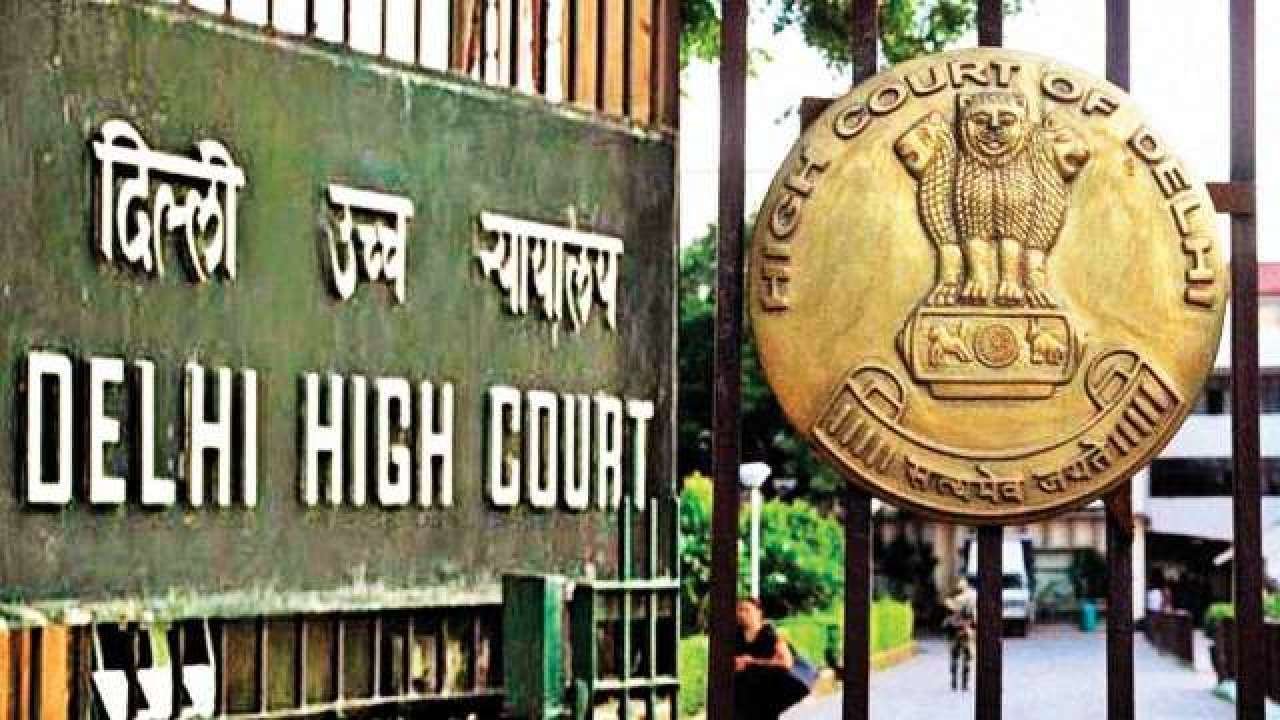On Tuesday, a Constitution Bench of the Supreme Court made a significant ruling on the validity of unstamped arbitration agreements.
Justices KM Joseph, Aniruddha Bose, and CT Ravikumar were in the majority, holding that such agreements are not legally valid. However, Justices Ajay Rastogi and Hrishikesh Roy dissented, arguing that these agreements are valid during the pre-referral stage.
“Court is duly empowered to act under the Stamp Act if a document is not stamped…Arbitration agreement not validated by Stamp Act would stand non est in law,” the majority judges held.
Justice Rastogi said, “Such examination should not open the door wide open for judicial examination…Existence of certified copy of Arbitration agreement whether unstamped or not is enforceable for appointment of arbitrator…All the preliminary maintainability issues of the document are referrable to the arbitrator. Decision in Tea Estates stands overruled.”
Justice Roy held, “Objective behind 1996 Act was to inter alia avoid procedural complexity and litigation between courts. Impounding and stamping will frustrate the same, as enforcement will be stalled when it can be solved at a later stage.”
“But issue is much too important to leave it lingering for clarification by a larger bench. I appeal to the legislature to revisit amendments necessary in the Stamp Act to efface inconsistencies. I am of the considered opinion that statutory schemes have to be interplayed in a constructive manner if India is to become a centre for arbitration,” he concluded.
In addition, he was of the opinion that the court in Garware Wall Ropes Ltd v. Coastal Marine Constructions & Engineering Ltd had erroneously ruled that an arbitration clause contained in an unstamped contract could not be admitted as evidence or invoked. In January of this year, the Supreme Court had reserved its verdict in the case.
A five-judge Bench was required given the decision of the top court in NN Global Mercantile Pvt Ltd v. M/s Indo Unique Flame Ltd, in which it had held, “The arbitration agreement would not be rendered invalid, un-enforceable or non-existent, even if the substantive contract is not admissible in evidence, or cannot be acted upon on account of non-payment of Stamp Duty.”
In doing so, the three-judge bench of Justices DY Chandrachud, Indu Malhotra, and Indira Banerjee questioned the correctness of the Division Bench’s ruling in Vidya Drolia & Ors v. Durga Trading Corporation.
The following question was specifically referred to a larger bench:
“Whether the statutory bar contained in Section 35 of the Indian Stamp Act, 1899 applicable to instruments chargeable to Stamp Duty under Section 3 read with the Schedule to the Act, would also render the arbitration agreement contained in such an instrument, which is not chargeable to payment of stamp duty, as being non-existent, un-enforceable, or invalid, pending payment of stamp duty on the substantive contract/instrument?”
In the beginning of the dispute, the parties had agreed to an arbitration clause in a subcontract. The petitioner’s bank guarantee was later invoked by the respondent, leading to a lawsuit.
After the commercial court had previously rejected the respondent’s request for arbitration under Section 8 of the Arbitration and Conciliation Act, the respondent filed a fresh application seeking arbitration to resolve the dispute. The Bombay High Court found the application to be admissible, leading to the current appeal before the Supreme Court.


